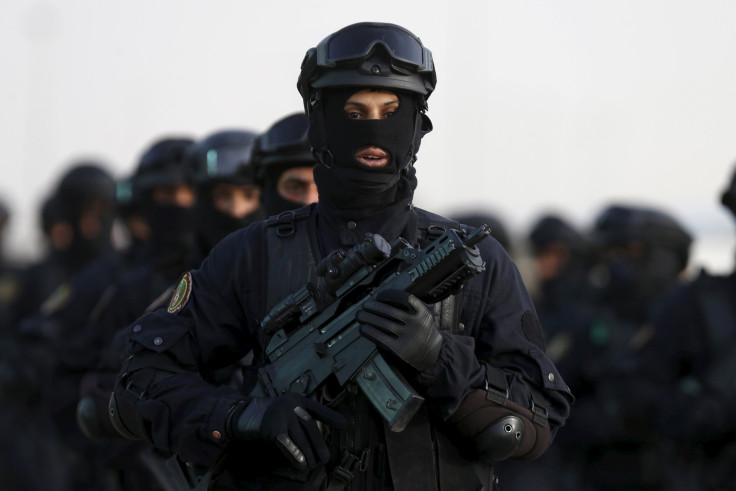Saudi Arabia And Qatar Nearly Triple Arms Imports Amid ISIS Threats And Syria, Yemen Wars

Saudi Arabia and Qatar have boosted arms imports by more than 275 percent in the last four years, according to a report published recently by the Stockholm International Peace Research Institute, which monitors the global weapons trade. The increased spending on weapons comes as both Middle Eastern countries have grown deeply entangled in regional military conflicts, including in Yemen and Syria.
Gulf States were the most significant markets for U.S. weapons sales between 2011 and 2015, Middle East Eye reported, citing the report. While weapon imports by European states fell by 41 percent in the same time period, the sharp increase in weapon sales to Arab states sent the global arms trade rocketing by 14 percent. Saudi Arabia is today the greatest importer of arms, while the U.S. remained globally the largest exporter.
9.7 percent of U.S. arms deals went to Saudi Arabia, while 9.1 percent were with the United Arab Emirates. In the past year, Saudi Arabia has signed a number of multi-billion-dollar deals with Lockheed Martin, the world’s largest defense company.
Asian security fears fueling global arms trade https://t.co/NyyAQHKEDI pic.twitter.com/91a9DWvpHg
— dwnews (@dwnews) February 22, 2016
Saudi Arabia’s military defense spending has persisted despite a massive budget deficit stemming from plummeting oil prices. The government has recently announced significant spending cuts, as well as plans to diversify the economy and generate revenue through sectors other than oil.
The kingdom has led a controversial military campaign against Houthi fighters in Yemen, who are believed to be backed by Iran. Critics charge the Saudi-led coalition of inflicting enormous casualties among civilians. At the same time, the country is also involved in a U.S.-led campaign against the Islamic State group in Syria. Last week, Saudi Arabia sent warplanes to Turkey's southern Incirlik airbase, a move seen as preparation for a possible ground offensive against the extremist group, also known as ISIS.
Earlier this week, a state-controlled Turkish military company and a Saudi Arabian business, also state-affiliated, signed a joint venture deal to cooperate on enhancing military technology. The venture will focus on radars, electronic warfare suites and electro-optical technology. Each company will hold a 50 percent stake in the deal.
© Copyright IBTimes 2025. All rights reserved.






















